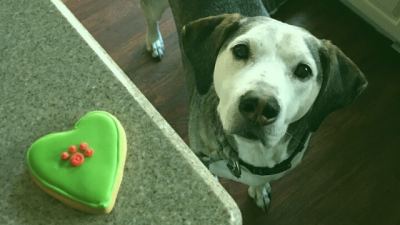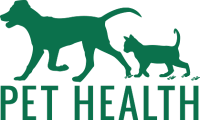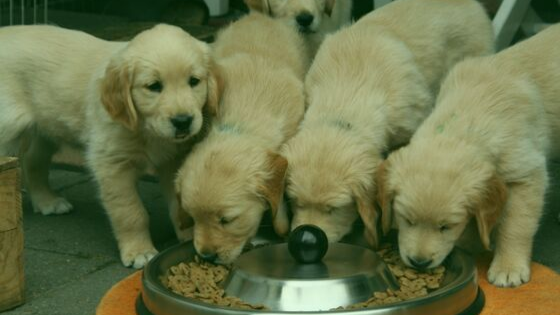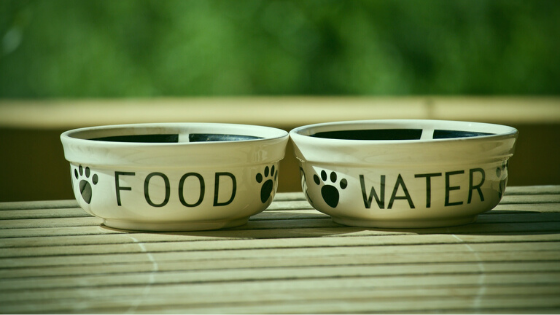Holiday Treats to Avoid Sharing With Your Pet
Ask PHP Pete!
Dear PHP Pete,
Our entire family is coming over for the holidays! We also have furry family members that would love to be part of the festivities. Are there certain foods that we should avoid giving our pets?
Yours Truly,
Holiday Hosts

Dear Holiday Hosts,
The holidays are a great time to celebrate with family and friends, including our furry family. With all the delicious food, it’s tempting to share a bite or two. Unfortunately, there are human foods that can hurt our pets.
Holiday Treats to Avoid
- Avocado (all parts) can cause fluid accumulation around/within vital organs, decreasing function. Birds are especially prone to heart damage. Rabbits and other livestock are also affected.
- Chocolate and caffeinated products contain toxins theobromine and caffeine. Foods with higher levels of these chemicals are more toxic (dark chocolate is more toxic than milk chocolate). Symptoms include vomiting, diarrhea, increased urination, hyperactivity, tremors, and irregular heart rate.
- Dairy products contain the sugar lactose. Pets have low levels of lactase, the enzyme needed to process lactose. These products can trigger stomach upset.
- Ethanol (drinking alcohol) can cause stomach upset and affect blood acidity. Alcohol suppresses the nervous system causing sedation, difficulty breathing, tremors/seizures, and possibly coma and death. Raw dough should be avoided as yeast creates ethanol as it breaks down sugar.
- Fatty foods may trigger pancreatitis. Macadamia nuts can also cause muscle weakness, depression, vomiting, tremors, and hyperthermia.
- Grapes/Raisins are potentially toxic at any level in dogs. Symptoms include vomiting, diarrhea, weakness, tremors, sedation, and abdominal pain. Renal failure can occur. The toxin responsible is unknown and many factors impact the extent of the injury.
- Onions and garlic can damage red blood cells. Symptoms include stomach upset, loss of appetite, and depression, followed by pale mucous membranes, rapid/difficult breathing, dark urine, jaundice, and rapid heart rate from blood cell destruction. Cats are especially at risk but should be avoided in dogs too.
- Raw meat and eggs may harbor Salmonella bacteria and, as in humans, cause gastrointestinal upset.
- Xylitol is an artificial sweetener in diet and some other products. When consumed by dogs it triggers the release of insulin and drives blood sugar to dangerously low levels. Symptoms include vomiting, lethargy, loss of coordination, seizures, and liver failure.
In short, it’s best to keep pets on their regular diets, and maybe give them a special pet treat of a toy rather than human holiday treats. Wishing you and ALL your family a happy and safe holiday season!
Sincerely,
PHP Pete
- Kovalkovicova N, et al. Some food toxic for pets. Interdiscip Toxicol. 2009 Sep;2(3):169-76. doi: 10.2478/v10102-009-0012-4. Epub 2009 Sep 28.
- American Society for the Prevention of Cruelty to Animals. People foods to avoid feeding your pets. ASPCA. org. http://www.aspca.org/pet-care/animal-poison-control/people-foods-avoid-feeding-your-pets. Last accessed March 2020.





